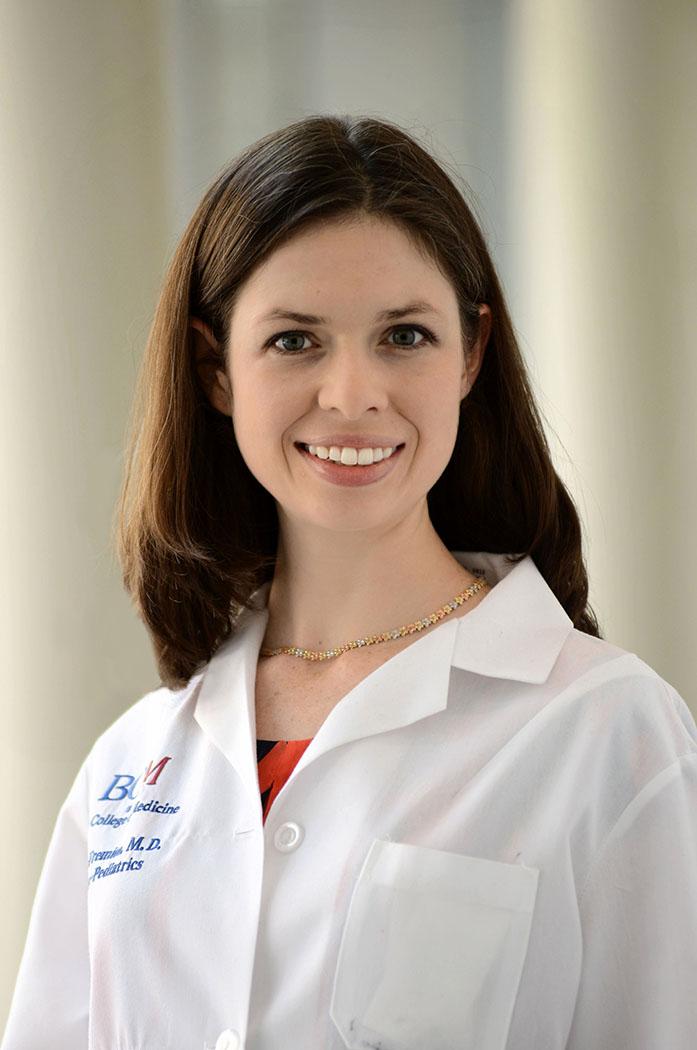Welcome to the Section of Adult Transition Medicine

Welcome to the Section of Adult Transition Medicine at Baylor College of Medicine (BCM). Whether you're a patient, learner, collaborator, or advocate for individuals with intellectual and developmental disabilities (IDD), we invite you to learn more about our work advancing care, education, and research for this often medically underserved population.
Our mission is to improve health outcomes and quality of life for adolescents and adults with developmental disabilities by delivering compassionate, coordinated, and specialized primary care during and after the transition from pediatric to adult healthcare.
Since 2005, the Adult Transition Medicine Clinic, a collaborative effort between Texas Children's Hospital and Baylor Medicine, has provided a medical home for patients aged 19 and older with developmental disabilities and complex healthcare needs. The clinic bridges critical gaps in care by addressing longstanding barriers to transition, including limited communication between pediatric and adult systems, insufficient care coordination infrastructure, and a shortage of adult providers trained in pediatric-onset conditions.
Our multidisciplinary care team includes physicians, nurses, social workers, and other professionals who provide comprehensive care and real-time coordination that helps reduce emergency room visits and hospitalizations. Social workers assist patients and families in navigating insurance changes, guardianship issues, food insecurity, employment and educational options, and essential support services through community partnerships.
We are proud to offer a true medical home, allowing patients to age in place with continuity and dignity. Our team-based approach is driven by quality improvement and clinical research and is recognized by the National Committee for Quality Assurance (NCQA) as a Patient-Centered Medical Home.
Education and training are central to our mission. We offer hands-on clinical experience for medical, nursing, social work, and dental students, as well as physician learners across specialties. To advance the field of Adult Developmental Medicine, we established a one-year clinical fellowship for physicians trained in Family Medicine, Internal Medicine, or Medicine-Pediatrics. Now in its third year, the fellowship is expanding to include two new fellows in 2025.
We also launched Project ECHO, a successful educational lecture series focused on IDD care, with participation from BCM and external providers. With support from UnitedHealthcare, the series continues to grow in scope and impact.
Our team leads ongoing research projects in clinical care, care coordination, behavioral health, and quality-of-life interventions. This past year, our section secured nearly $800,000 in external research funding. Faculty also hold leadership roles with national organizations, including the American Academy of Developmental Medicine and Dentistry, Global Down Syndrome Foundation, and Special Olympics.
Our clinical footprint continues to expand. We provide primary care at two dedicated sites: Baylor St. Luke’s Medical Center (McNair Campus) and the Center for Pursuit. Clinical volume and revenue continue to grow, underscoring the demand for specialized care. In the past academic year, we recorded 8,141 clinical visits and 397 new patient visits (up from 380), with revenue rising to $841,815.
The Section of Adult Transition Medicine is proud to lead in Adult Developmental Medicine through clinical innovation, education, and research.
Thank you for visiting.
Ellen Fremion, M.D.
Associate Professor
Chief, Section of Adult Transition Medicine









